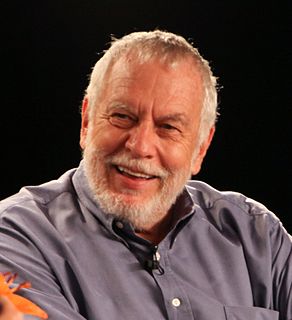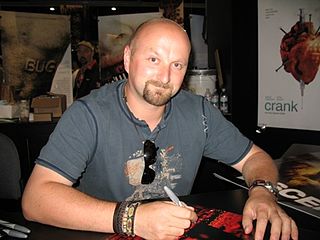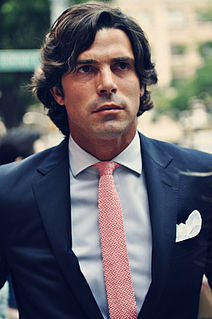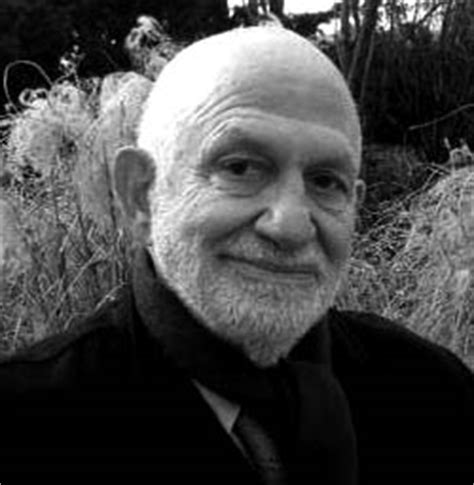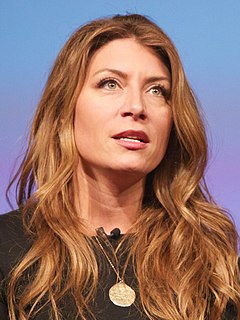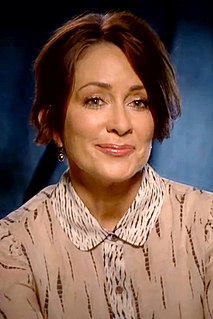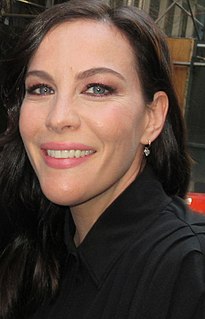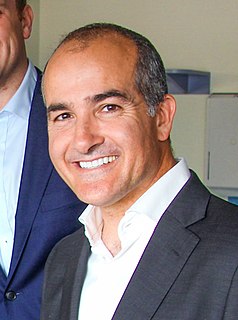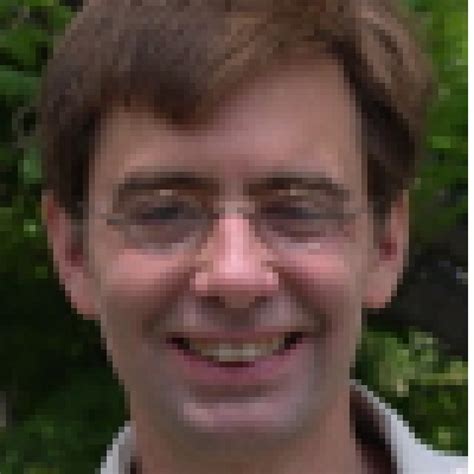A Quote by Patrick Rothfuss
I've got a solid grounding in history, sociology, anthropology, philosophy, etc etc. That means I actually have a good idea about how societies change and evolve. I know how a lot of them have actually functioned through the years. I can put together a culture that's cool and different, while still being logically consistent, so that it feels real. So many fantasy worlds are either implausible, cookie-cutter, or both. Mine aren't.
Quote Topics
About
Actually
Anthropology
Being
Both
Change
Consistent
Cookie
Cool
Culture
Different
Either
Etc
Evolve
Fantasy
Fantasy World
Fantasy Worlds
Feels
Good
Good Idea
Got
Grounding
History
How
Idea
Know
Know How
Lot
Many
Means
Mine
Philosophy
Put
Real
Societies
Sociology
Solid
Still
Them
Through
Through The Years
Together
While
Worlds
Years
Related Quotes
A friend of mine had this idea a few years ago. We thought it would be a great way to promote the sport and to put polo in front of a lot more people in an unexpected place: the romance novel. There's a lot of people that care about those kinds of stories, especially women, and it would help people to know what the polo life is all about. It's not just what you see in the newspapers or on Pretty Woman. There's a lot more to it: the time spent in the barn, how much we love the horses, the relationship with the horses and with the family, etc.
Addiction is more malleable than you know. When people come to me for therapy, they often ask me whether their behavior constitutes a real addiction (or whether they are really alcoholic, etc.). My answer is that this is not the important question. The important questions are how many problems is the involvement causing you, how much do you want to change it, and how can we go about change?
I think a lot of people want people who actually have qualities they don't find attractive as a way of being able to change them. It's fascinating, because people think if they can change the other person, they can change themselves. It's a complex phenomenon. It's a fantasy that's actually about being able to come to terms with ourselves.
There are many important elements to being a parent. A lot of people don't have fathers but they might have someone in their life who's a good male influence and support. There's no cookie-cutter way of raising children and no family is the same, but the most important thing is that children are loved, supported and cared for, whether it's coming from a relative or a friend or a grandfather or a good school teacher. Anyone. Children just need good examples and mentoring to teach them and show them how to do things.
Also, worldbuilding touches all aspects of your story. It touches plot and character as well. If you don't know the culture your character comes from, how can you know what he's really like? You must know your characters on a much deeper level than you would if you just shrugged your way into a cookie cutter fantasy world.
American intelligence and military agencies have a huge footprint in terms of how the world works, but they're largely invisible. I'm interested in exploring those 'geographies' of secrecy from many different angles: political, legal, economic, spatial, etc., because I am fundamentally just interested in how the world works and how societies work.
Talking about improving the culture, I prefer to say "develop" or "evolve" rather than "change". If I walk into a room and say: "we are here to change the organization," it sends shock waves through the group. If I say: "your success to date has come from who you are, to be successful in the future, we need to get to X, let's talk about how we evolve the organization to that point," that is a very different statement. Successful organizational "change" must come from the people. So, recruit them with common purpose, recognize that it will take time, and plow forward.
There's so many mysteries related to how flies are able to make their way through the world. I'd certainly like to know a lot more about how their brain works. I'd certainly like to know a lot more about just how they're put together. I mean, these animals are basically, topologically, spheres. They don't have bones as we do, of course.


